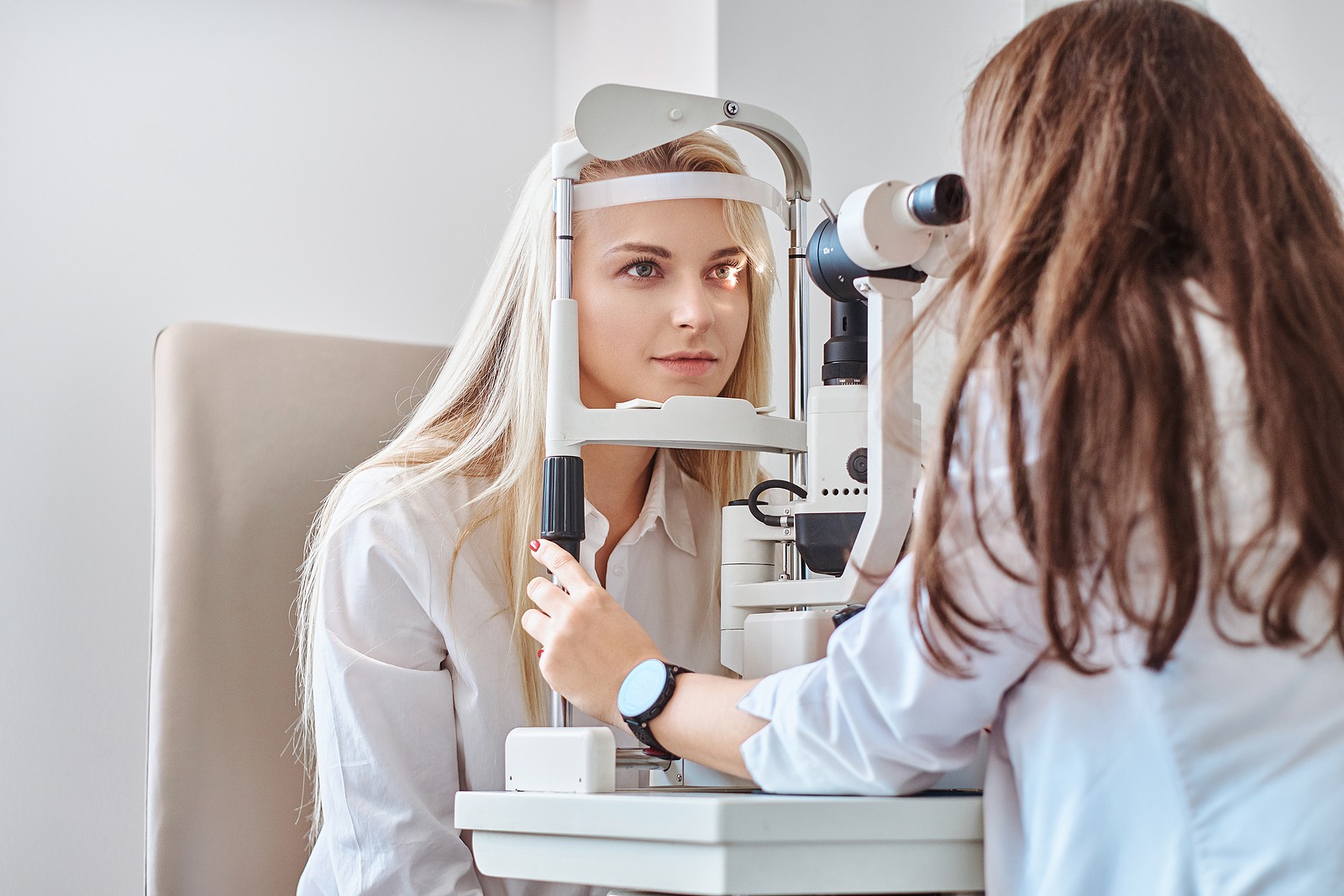A Complete Guide to LASIK Surgery in Grand Junction

At Grand Junction ICON Eyecare, we specialize in cataract and LASIK surgery in Grand Junction. We understand that you may feel some apprehension when considering LASIK surgery. Therefore, we put together this guide to provide the answers you need to make an informed decision. Feel free to reach out to our ophthalmologists in Grand Junction to set up a consultation or answer any questions you may have regarding the procedure.
1. What Is LASIK?
Laser-assisted in situ keratomileusis or LASIK reshapes the cornea with a precise laser instrument. In many cases, it provides an alternative for contact lenses and eyeglasses. Even if you aren’t a good candidate for LASIK, you may benefit from LASIK alternatives.
2. What Conditions Can LASIK Surgery Correct?
LASIK eye surgery can correct many common eye conditions, including the following:
- Farsightedness (hyperopia)
- Nearsightedness (myopia)
- Astigmatism
We are proud of the work we do and celebrate every vision correction. Find out if our eye doctors in Grand Junction, can help you see more clearly.
3. How Do I Know If I’m A Candidate for LASIK Surgery?
You may be a good candidate for LASIK if you are OK with possibly wearing eyeglasses following the procedure. Additionally, if the following applies to you, you may be good candidate for this procedure:
- Overall good eye health
- Over 18
- You don’t have diabetes, or your diabetes is under control
If you have autoimmune diseases, such as Lupus, multiple sclerosis or rheumatoid arthritis, LASIK surgery probably isn’t a good option.
While we aim to help as many people as possible through laser vision correction, it’s important to provide a complete medical history during your consultation. That allows us to give you the best possible recommendation for long-term eye health.
You can also take our self-test to help determine if LASIK might work for you.
4. What Should I Expect During LASIK Surgery?
Our eye doctors in Grand Junction will perform an exam to verify whether your cornea has the right thickness and shape to benefit from LASIK. At this time, the surgeon will determine your refractive error and our staff will take measurements of your eye.
During the procedure, the surgeon numbs the eye then uses a femtosecond laser to create a thin flap of corneal tissue. By pulling the flap back, the doctor gains access to the area needed to be treated.
Next, the laser goes to work reshaping the cornea to restore your vision. The reshaping process enables your eyes to focus light correctly on the retina. You may feel a little pressure during the procedure. To finish up, the surgeon puts the flap back in place without the need for stitches. The flap heals naturally.
5. Is LASIK Surgery Painful?
You should not experience any pain during your LASIK procedure. You remain awake throughout the procedure, but the surgeon numbs your eyes with anesthetic eye drops. To help you feel relaxed, a mild sedative is usually given prior to the procedure.
Some patients report scratchy, sore sensations for up to 24 hours following the procedure. Others don’t notice these symptoms. Additionally, our eye doctors in Grand Junction schedule a next day follow up to check your eyes and address any concerns you may have.
6. How Long Is LASIK Surgery Recovery?
The immediate LASIK surgery recovery may take six to 12 hours. This varies from person to person. Typically, clear vision returns within 24 hours. For some, it may take two to five days to fully recover their vision.
You will receive detailed instructions following your procedure. However, it’s a good idea to avoid vigorous exercise, contact sports and yard work for the first two weeks. It’s important to give the flap time to heal and avoid any activities that can negatively impact your recovery.
7. Are There Any Side Effects From LASIK Surgery?
Although LASIK surgery has provided the gift of clear vision to millions of people, there are a few side effects to keep in mind, including:
- Dry or itchy eyes
- Light sensitivity or glare
- Under or overcorrection
- Diminishing results
- Flap infection or tearing
- Astigmatism
- Worsened vision and vision loss (incredibly rare)
8. How Long Does LASIK Surgery Last?
The setup and procedure may take 15 minutes (the laser correction takes about a minute per eye) plus 20 minutes in the recovery room.
9. Will I Ever Need to Wear Glasses or Contact Lenses Again?
Approximately 95% of people do not need glasses after LASIK. However, in rare cases you still may need glasses or you may need a touch up months to years after the procedure.
As you age, your eyes will continue to change. For example, after age 40-45, many people need reading glasses. The same is true with or without LASIK.
10. How Much Does LASIK Surgery Cost?
After conducting an eye exam to determine your eligibility for LASIK, we can provide a personalized quote. We offer special financing to help you budget for the surgery. Additionally, many patients use funds like FSAs and HSAs to help save for LASIK surgery.
If you participate in a Healthcare Savings Account or HSA, you can use pre-tax dollars to pay for approved medical expenses, including some laser vision correction surgeries. Speak with our care team to learn more about using HSA funds to save for LASIK surgery.
Do you have a Flexible Spending Account or FSA at work? Use pretax dollars to pay LASIK and reduce your tax burden.
Calculate your lifetime savings on lenses, prescriptions, contacts and frames. Use this to determine whether LASIK surgery is a good investment.
[DISPLAY_ULTIMATE_SOCIAL_ICONS]








